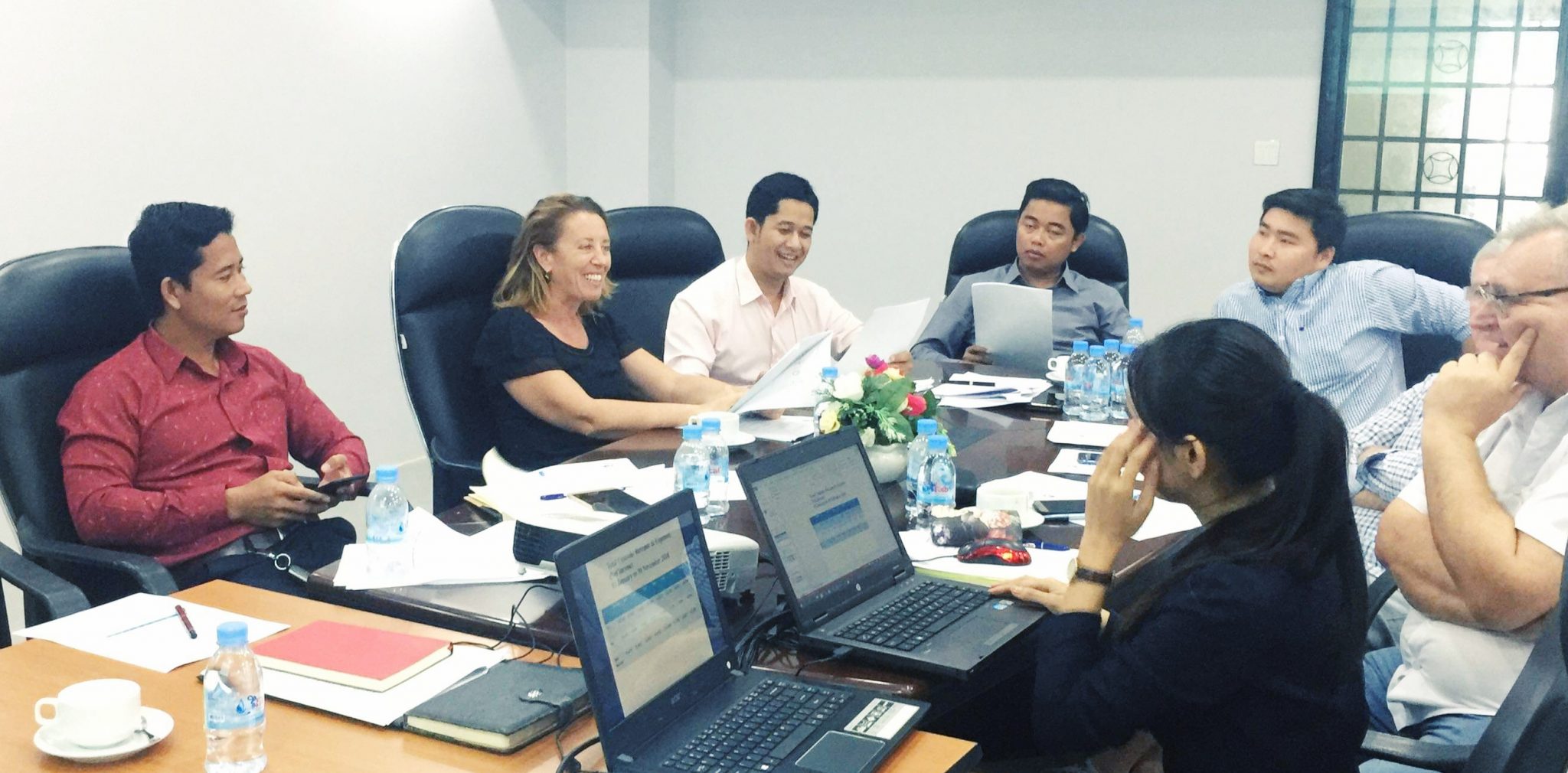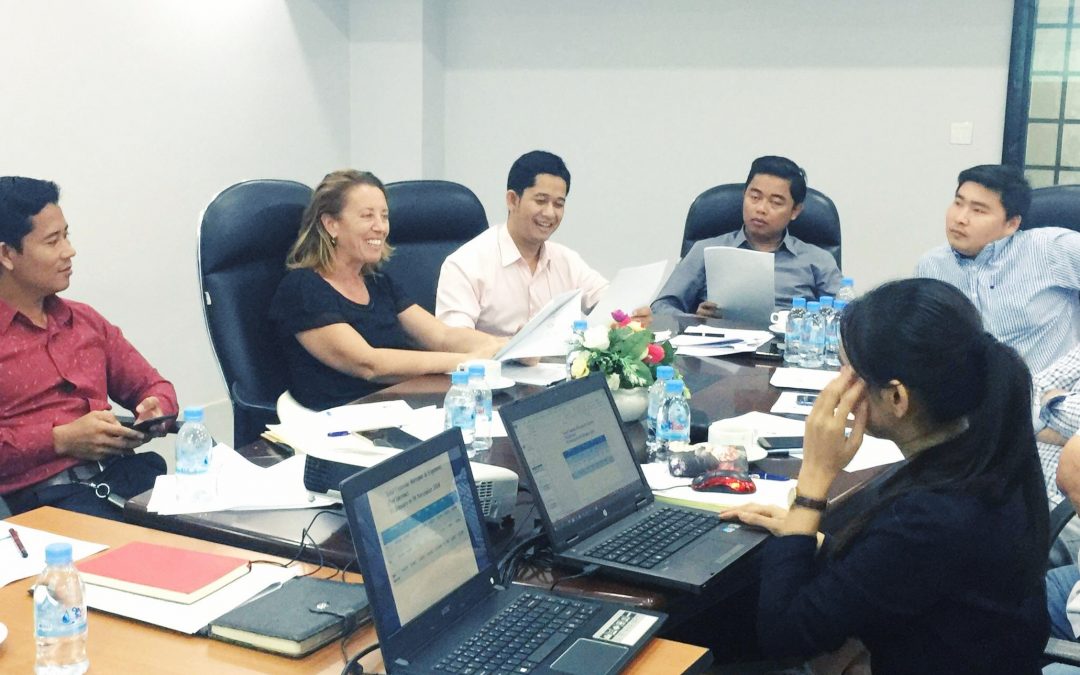
One of the advantages of long-term overseas volunteering is having the opportunity to not only visit a new country, but to be able to explore in-depth the values and habits of the local community. Long-term volunteering abroad as a professional also allows you to experience first hand the different working practices, and various ways of making decisions, solving problems and working as a team in the host organisation. Developing such cultural awareness is one of the best gifts this type of volunteer experience can offer, which can be in terms of an additional cross-cultural experience to be included on your resume, as well as a discovery journey in self-awareness where you learn to deal with cultural differences and recognising the coping mechanisms you’re putting in place to handle them.
When it comes to Cambodian culture, here are some of the key concepts and values that we suggest volunteers take into consideration while they’re working here.
Face
The concept of saving face is instrumental in navigating the Cambodian culture as well as many other Asian cultures. To prevent a loss of face, a Cambodian may choose to avoid direct confrontation, or simply tell others what they want to hear rather than dealing the issue head-on. An example of this is the reluctance to ask for a clarification of instructions, which may be caused by a fear of looking like they don’t understand, which leads to the feeling of losing face.
Criticising, raising the voice, or even worse, shouting at a Khmer colleague in public creates hard-to-repair damage in your personal and business relationship. The victim will never forget you made him/her lose face in front of others. Feedback and criticism should be offered indirectly and privately.
Harmonisation
The avoidance of direct confrontation, particularly while in an attempt to maintain a harmonious relationship, is a practice parallel to that of saving face. Conflict prevention means that sometimes people prefer to keep silent when a difficult situation arises, rather than openly talk about it to resolve it. Similarly, it often translates to Cambodian people always saying “yes” in order to avoid saying “no”. A “yes” is, in fact, not always a genuine “yes”.
Hierarchy
Since their birth, Cambodians are taught to respect elders and people in a more senior position. Almost every relationship is guided by the social hierarchy. Parents are superior to children, teachers are superior to students, bosses are superior to subordinates, and so on. In the work place, this means that sometimes the opinions of those who are younger and less experienced are not valued. You may be asked questions in order to understand how you’d be placed hierarchically in the organisation, and you’d be expected to behave accordingly.
Collectivism
In Cambodia, families and the concept of a strong family unit are highly regarded. Family, school, work teams, the community, and the country will almost always come before businesses and individual needs. Being a collectivistic society means that the concerns of the group are more valued than those of the individuals. In their jobs, Cambodian employees will look for a place where they feel like they’re part of a family, where everybody contributes and cares for one another.
Being mindful and aware of cultural differences is integral in helping volunteers in Cambodia maintain cordial relationships in the work environment. This enables volunteers to make the most of their experience, and it’s also a great way of learning how to use cultural awareness as a form of appreciating the diversities between different cultures.

